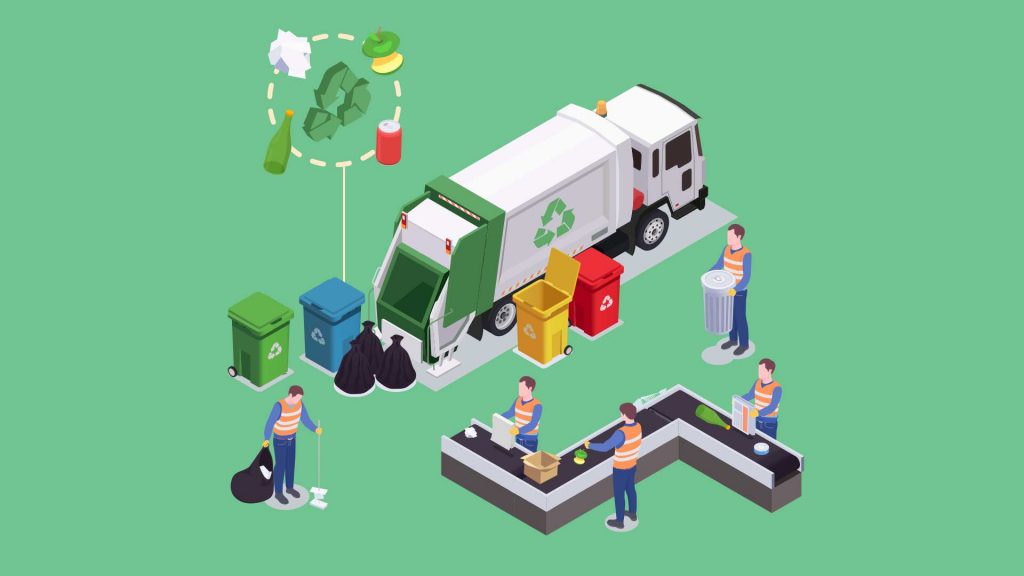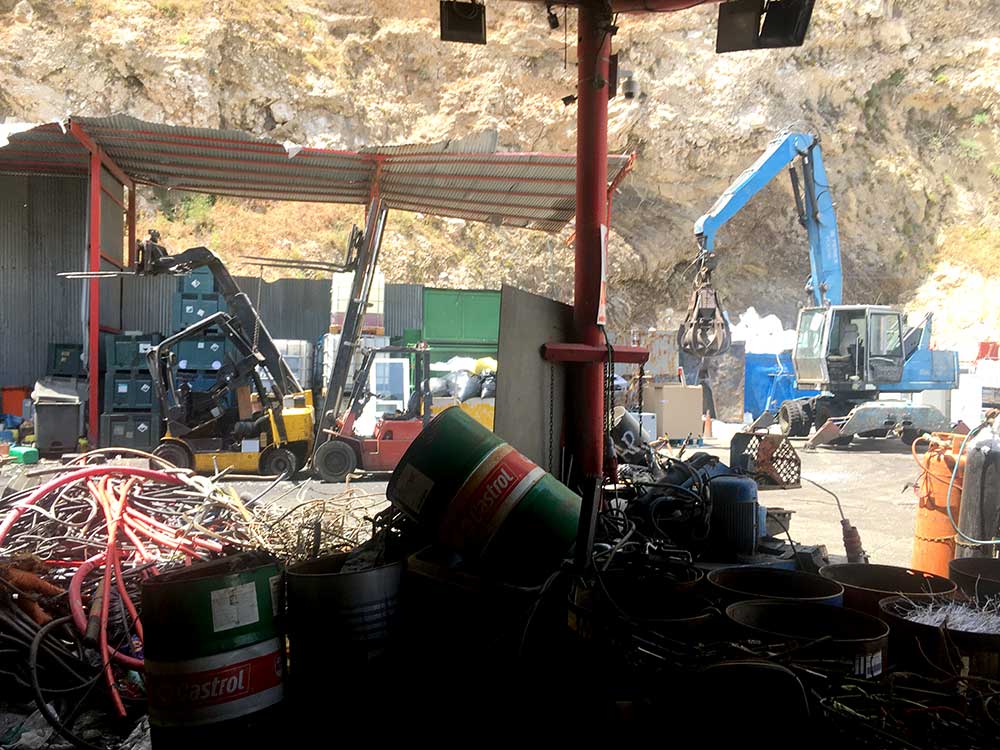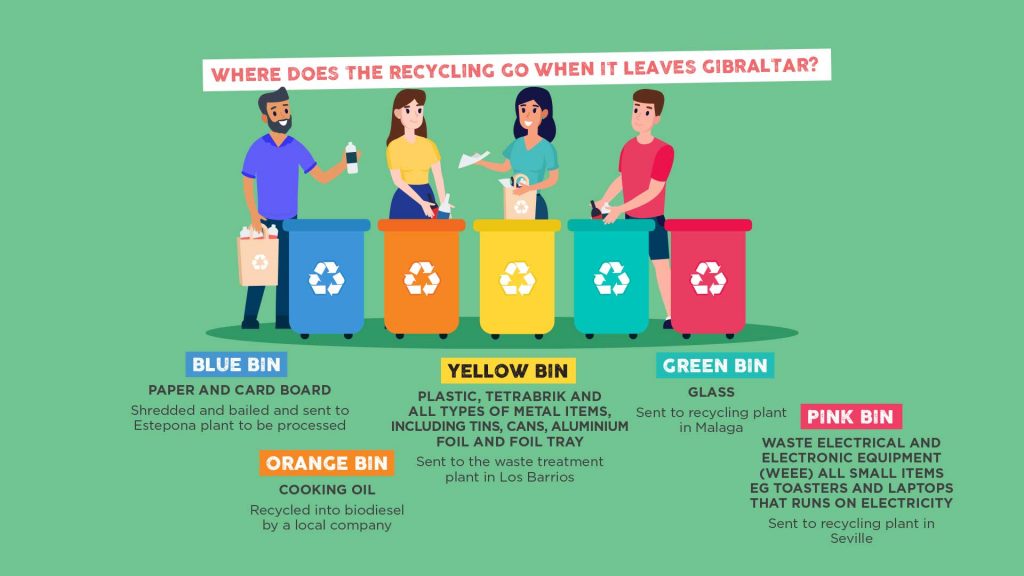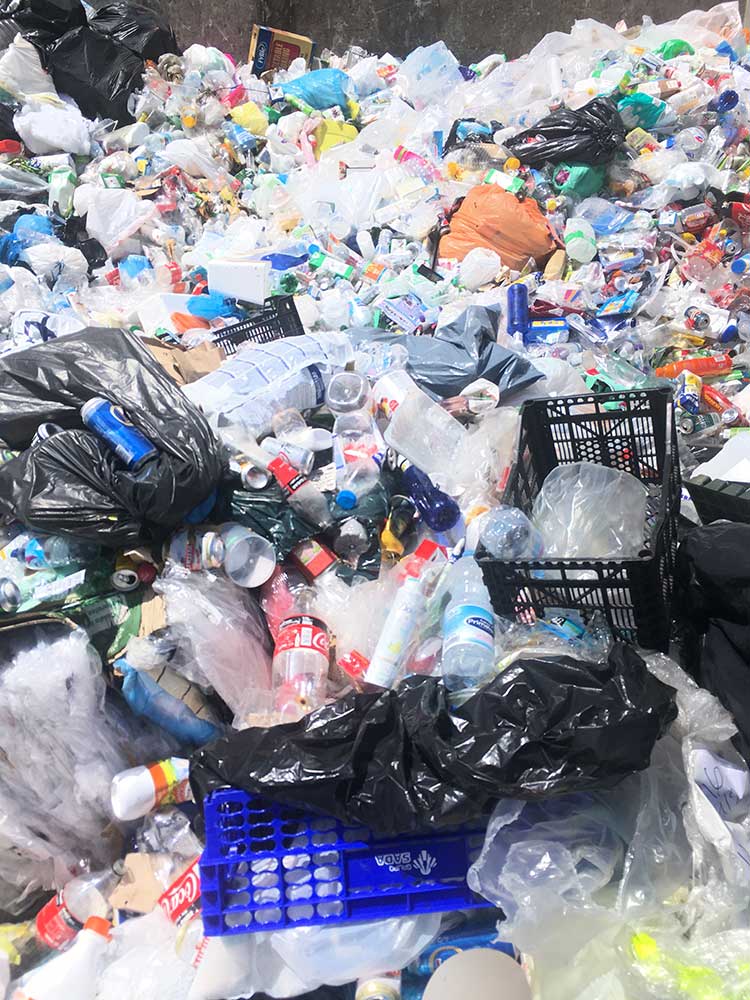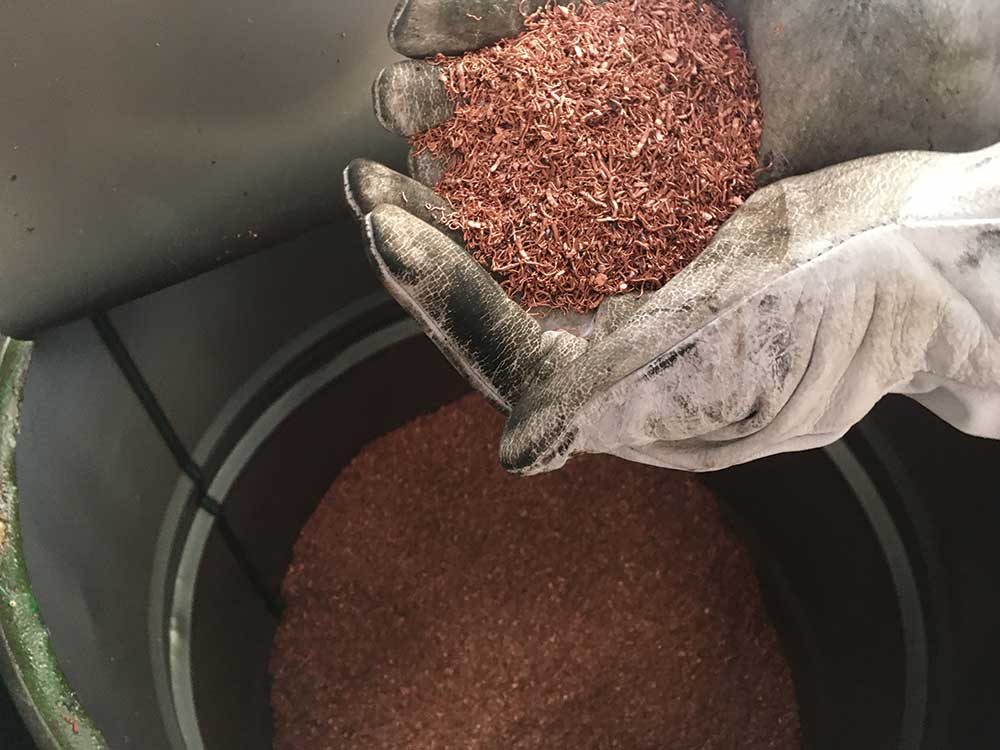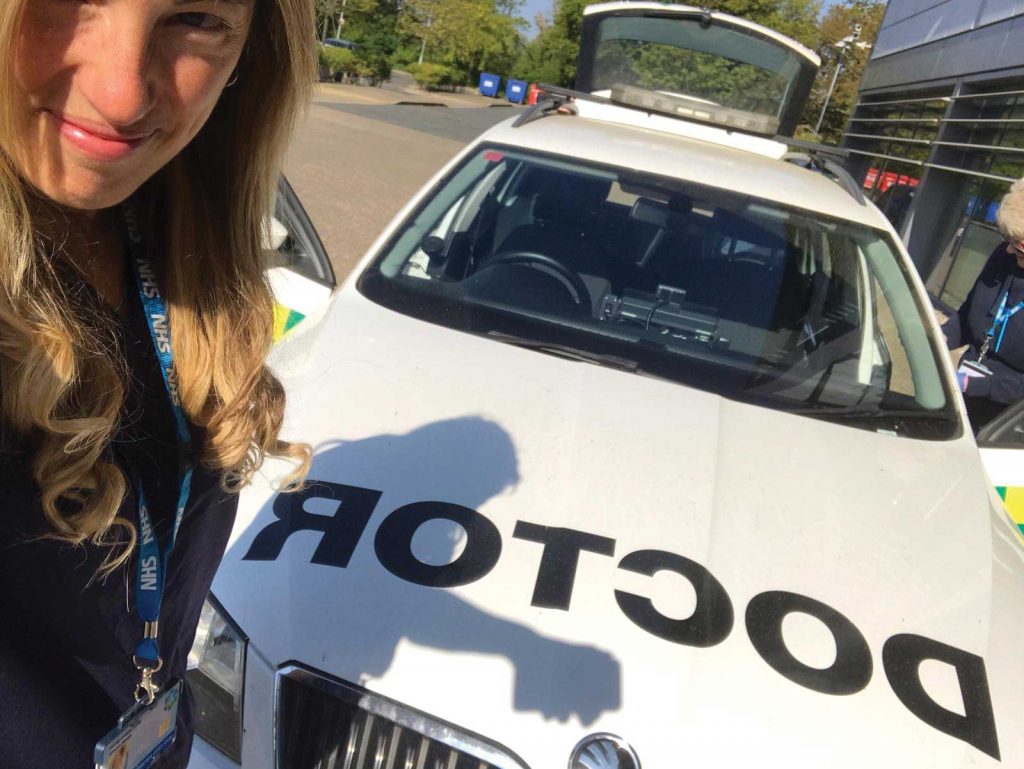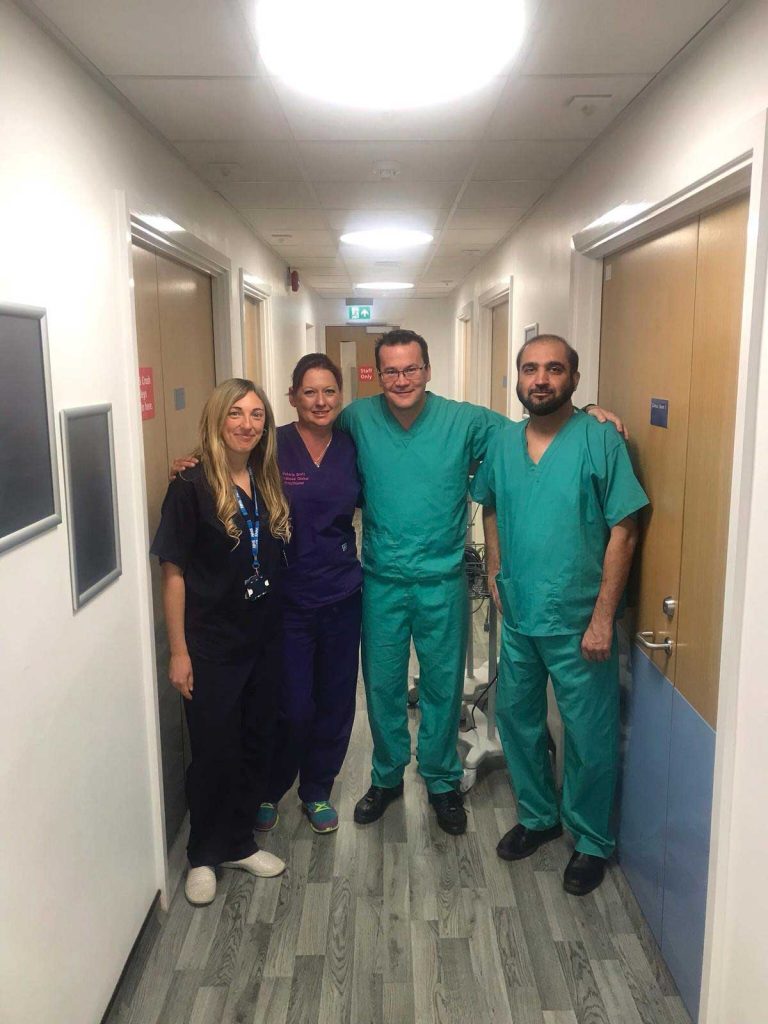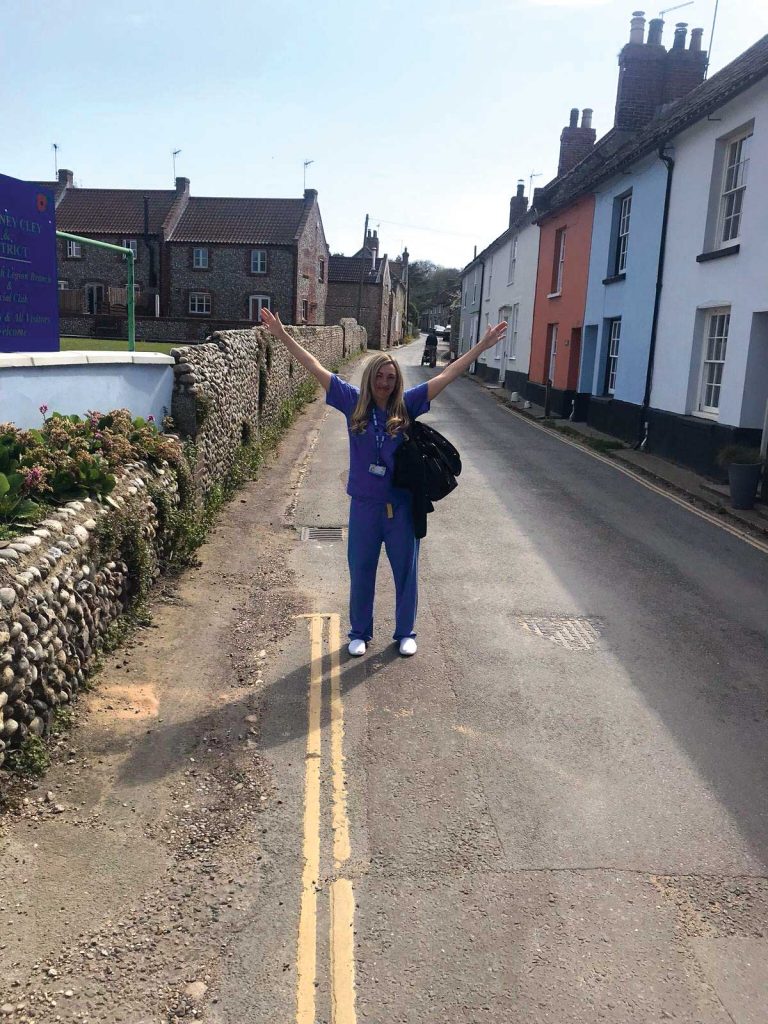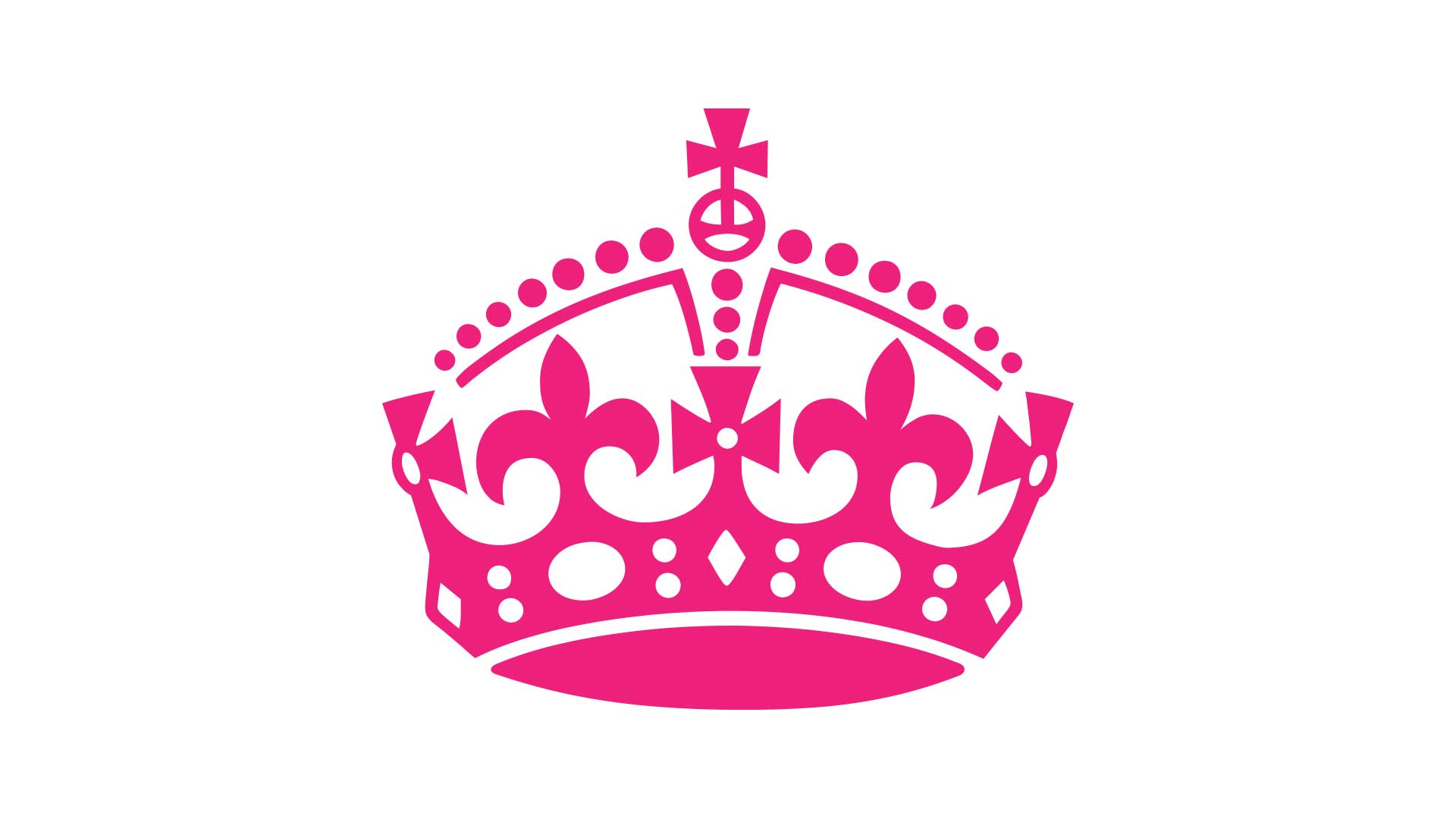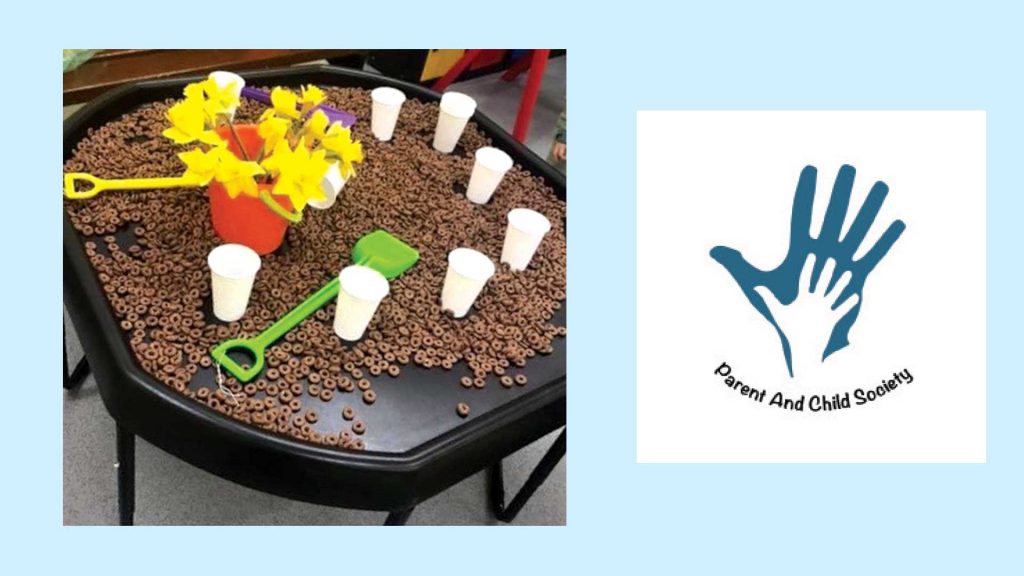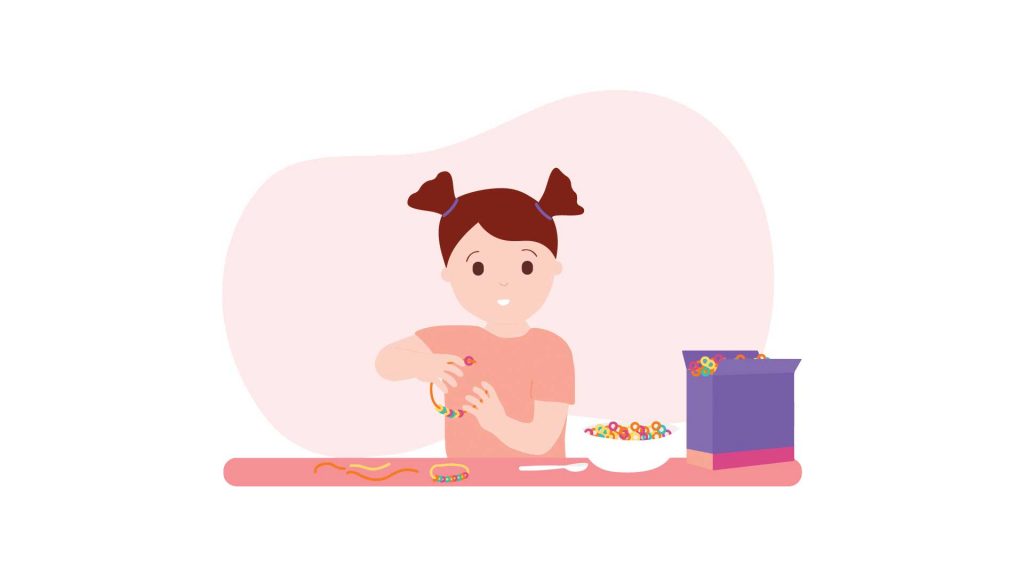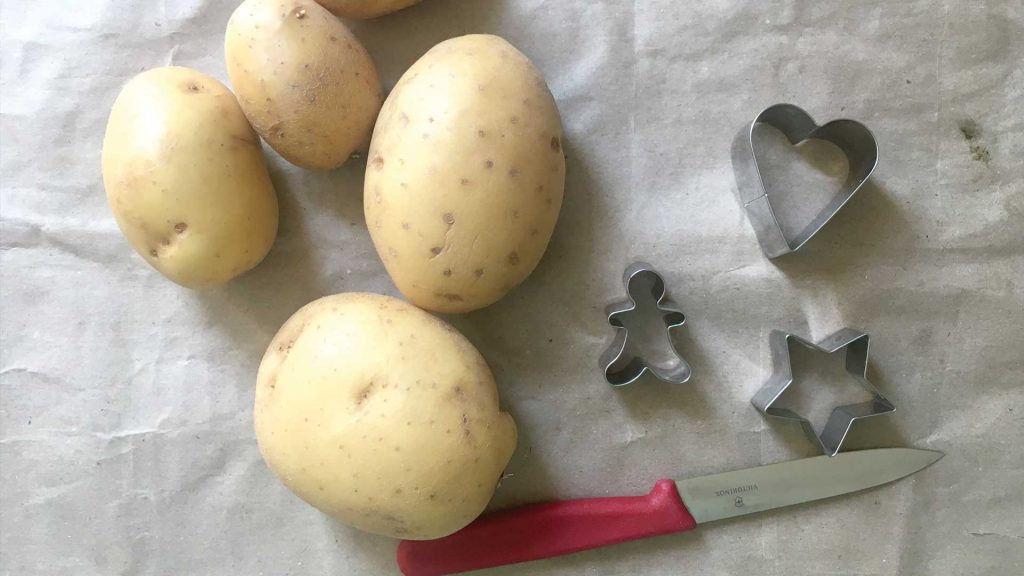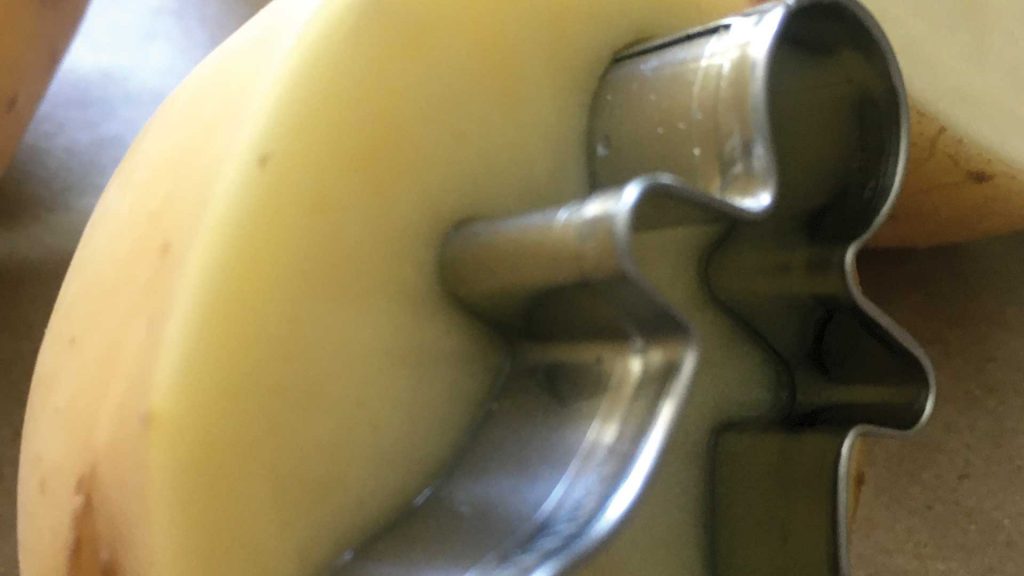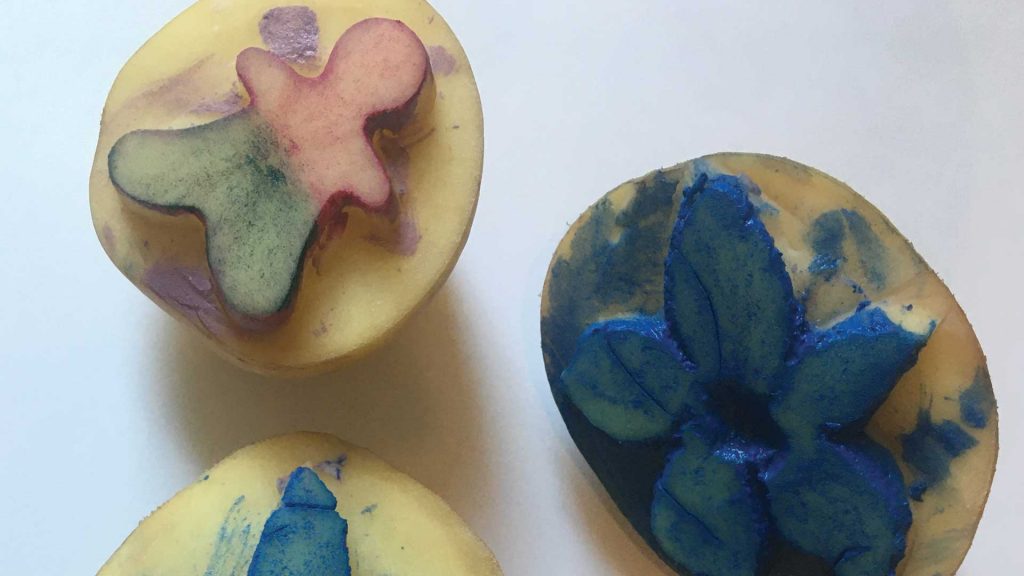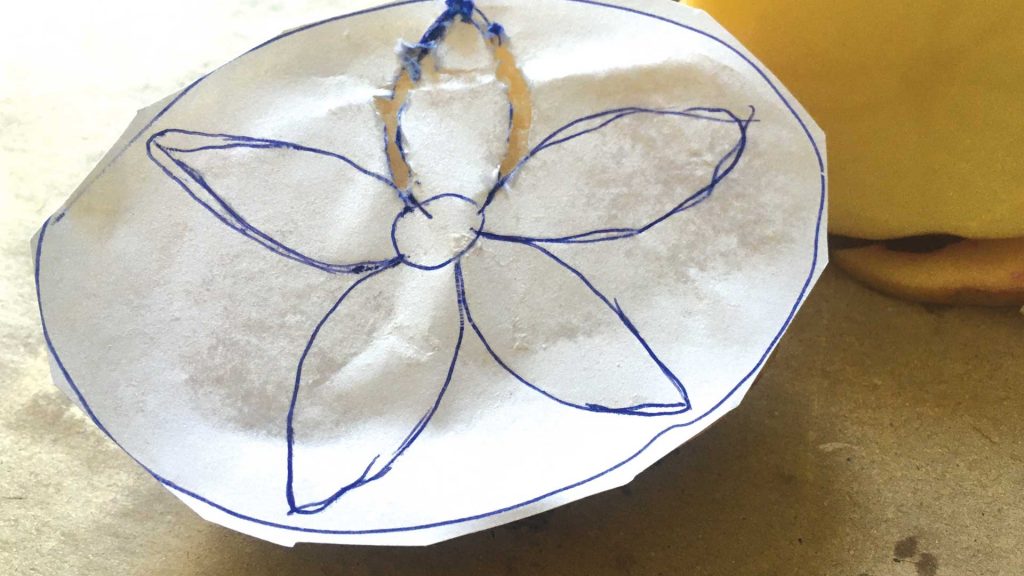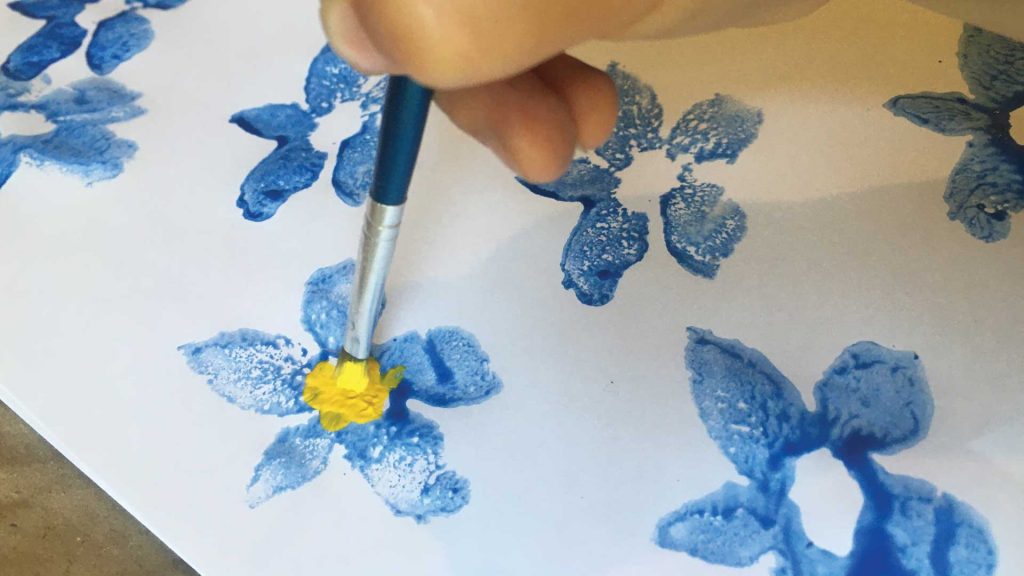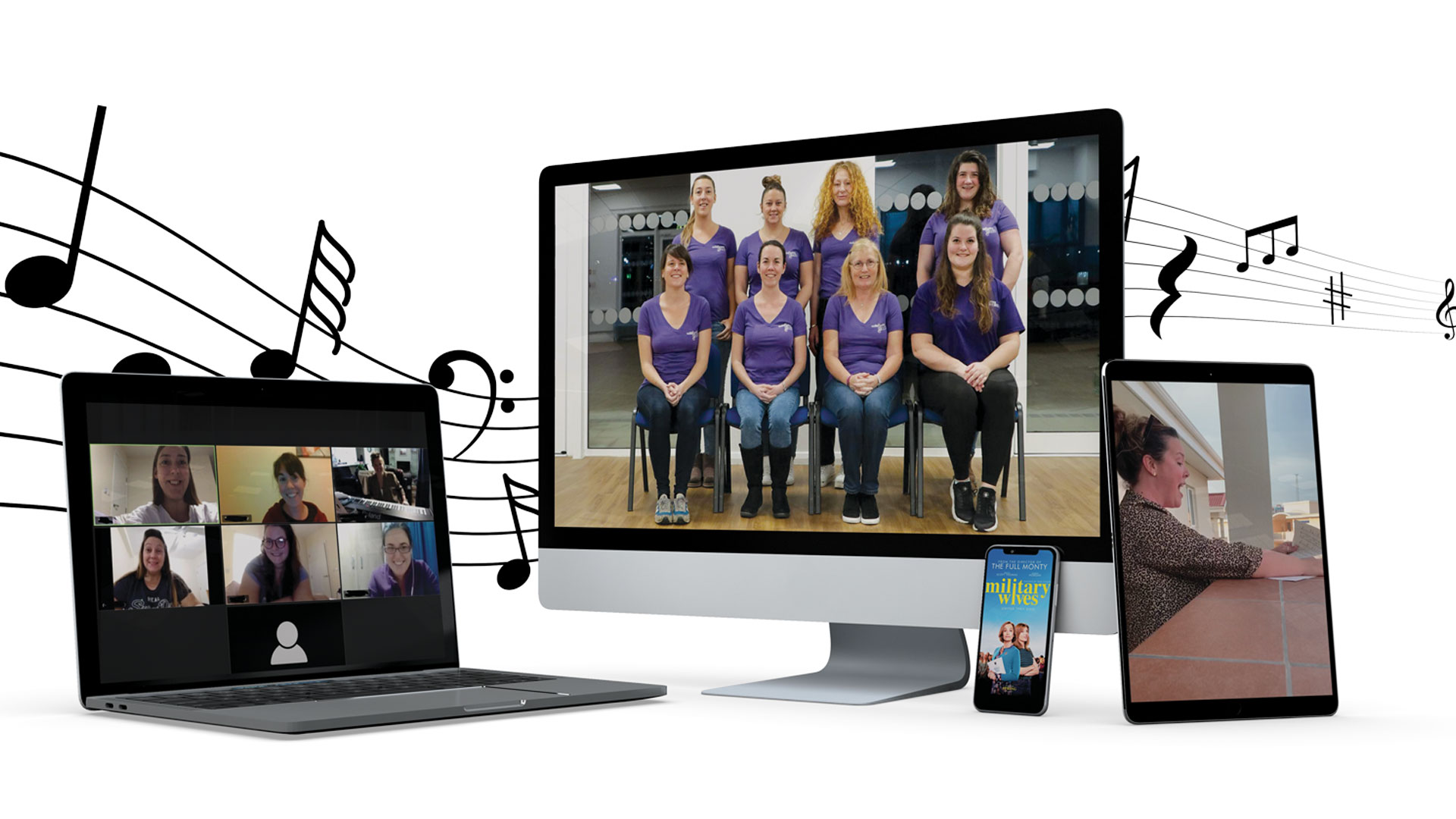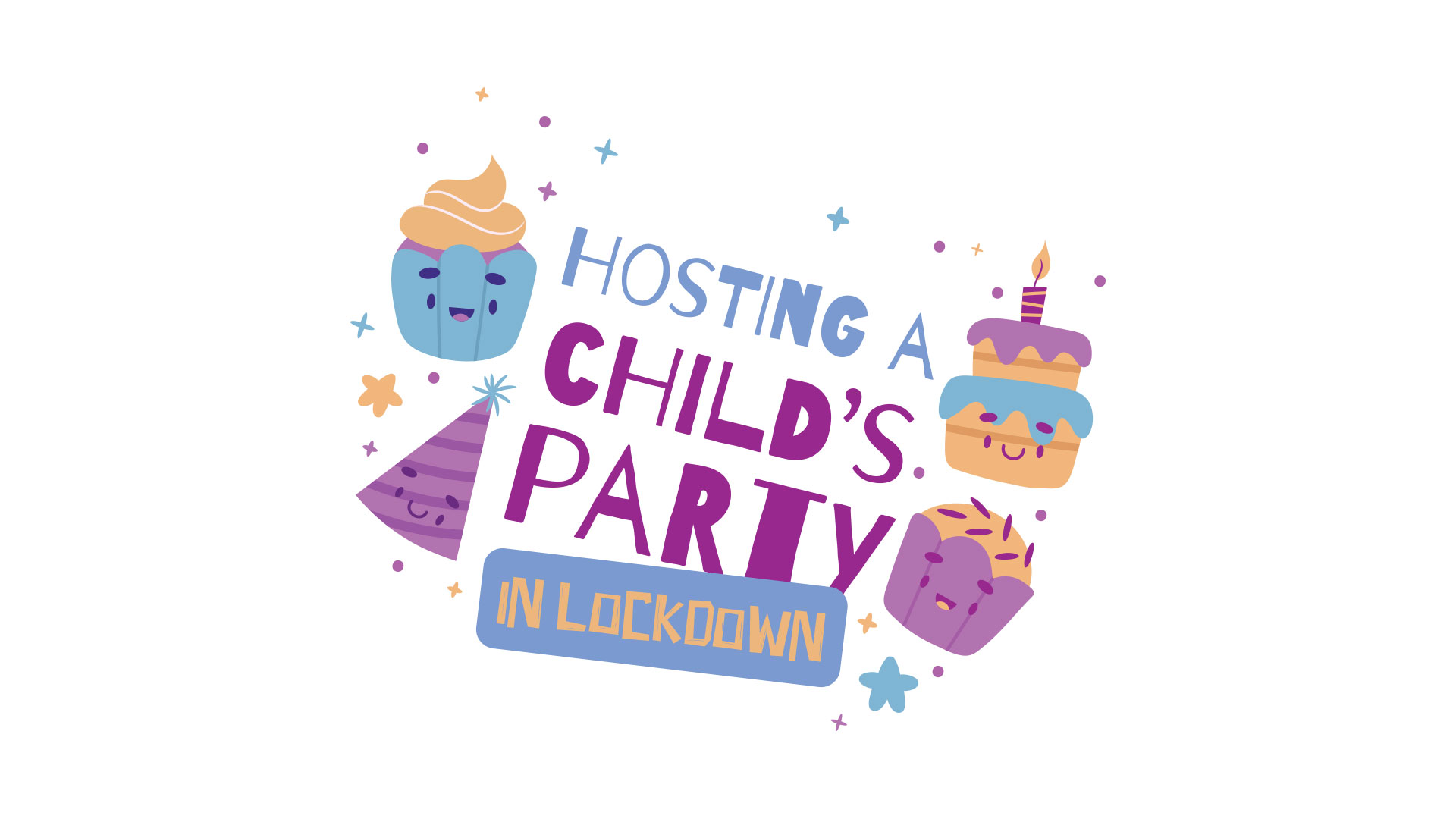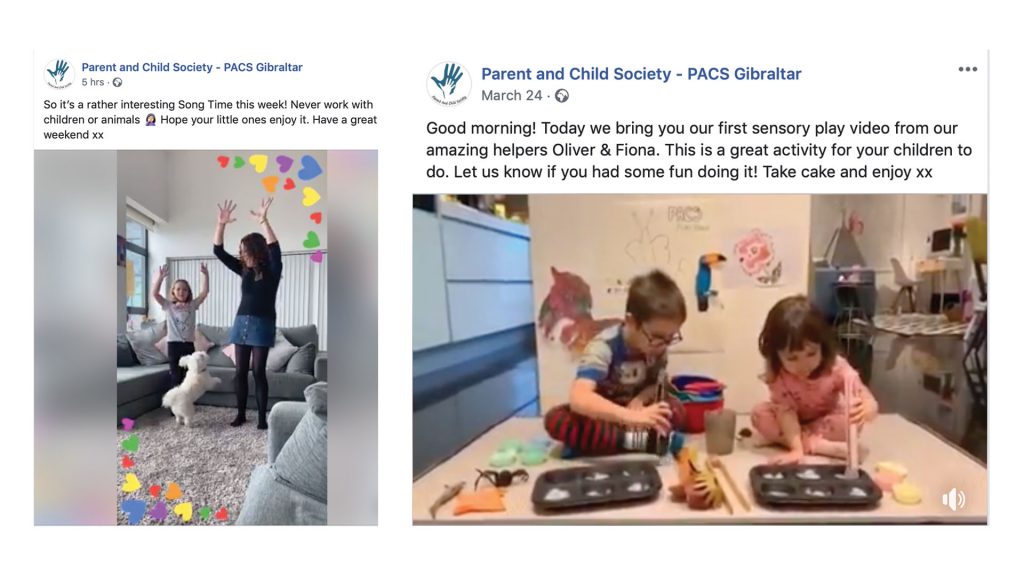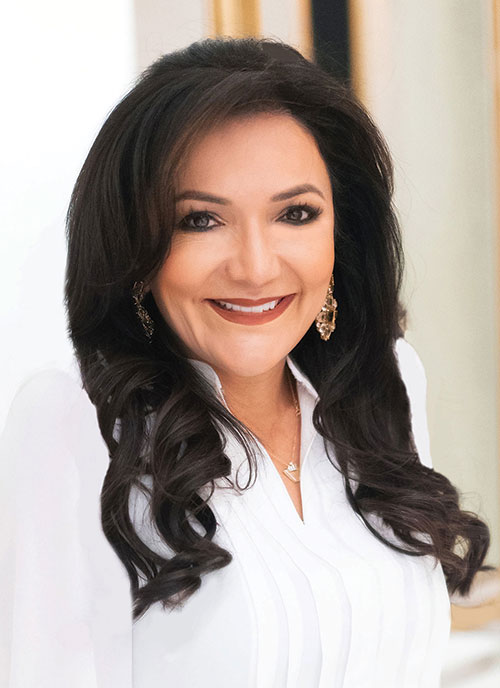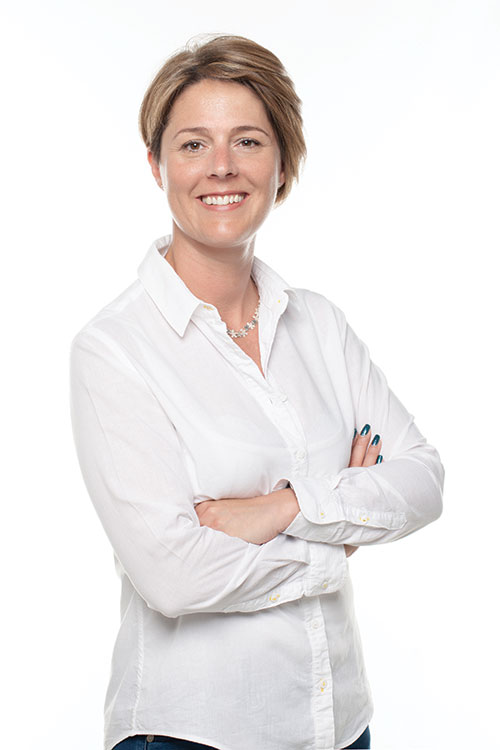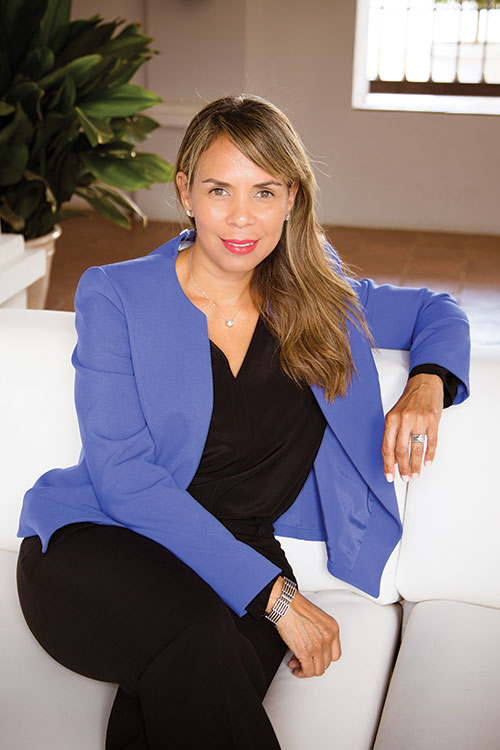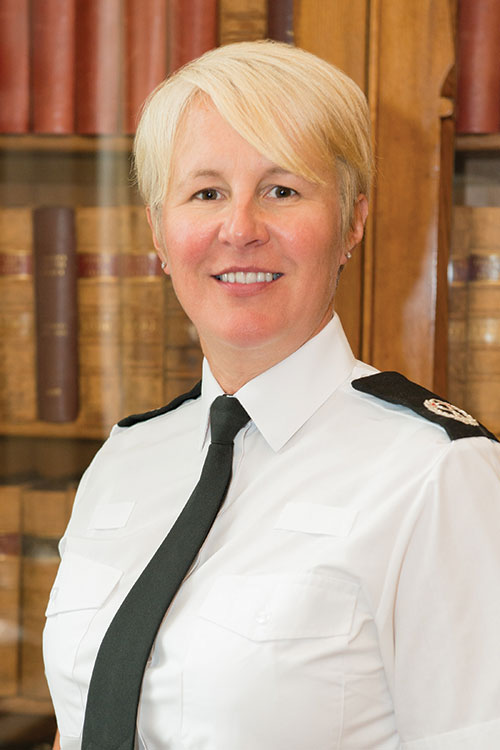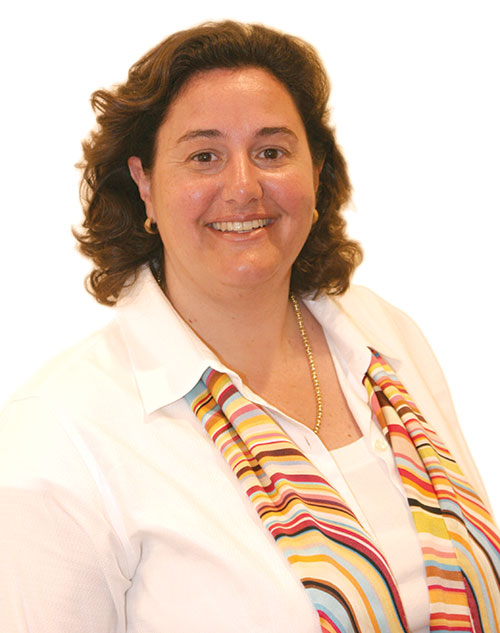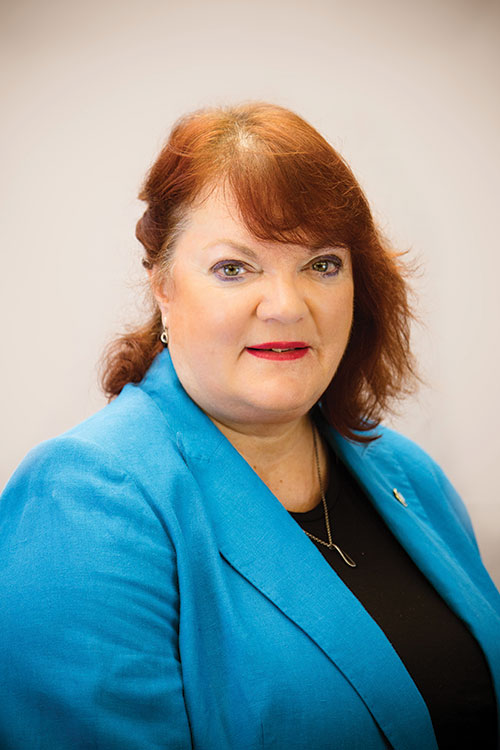Electronics: The fastest-growing toxic waste stream in the world
How much IT equipment do you have gathering dust in your office? Do you know what happens to it when it’s removed or thrown out? We spoke to Dave Williams (Head of Operations) from electronic waste recyclers and sustainability champions Reconome to figure out all the plus points of applying the circular economy to IT hardware.
Reconome, a certified B Corp (Certified B Corporations are businesses that meet the highest standards of verified social and environmental performance, public transparency, and legal accountability to balance profit and purpose), was set up to help solve the headache of dealing with unwanted electronics. In 2017 Nick Rawkins (Founder and CEO) quit his job in the City to follow his dream of running a company that solved an important global problem. Working for banks, he saw expensive IT devices being replaced and upgraded daily, with no idea of where it was all going.
Data security concerns, a fragmented market of service providers, and poor messaging all contribute to the world’s dreadful performance on electronics recycling. With the rapid digitisation of our planet this is only just beginning. Thankfully, consumers, businesses, and governments are beginning to take notice.
“A recent UN report stated that a whopping 53.6 million metric tonnes of e-waste was generated in 2019, that’s the weight of 350 cruise ships the size of the RMS Queen Mary 2 – think about that for a second. The figure has increased by a whopping 21% in 5 years making it the world’s fastest growing toxic waste stream – we have to do something and we have to do it fast,” says Dave
Reconome provides businesses and consumers with an easy to use, sustainable IT disposal service that diverts 80% of devices from landfills and redeploys them as refurbished, affordable devices to new owners such as schools, charities and SMEs. Their process extends the life of useful and valuable equipment, fulfills an underserved need for affordably priced technology, and prevents hazardous materials from ending up in landfill or in the hands of illegal exporters.
Incredibly, a recent study by Yokohama Metal Co in Japan found that a tonne of ore from a gold mine produces just 5 grams of gold on average, but a tonne of discarded smartphones produces 150 grams and new technologies mean this can be done with a vastly reduced impact on the environment. The traditional mining process has catastrophic effects; ravaging landscapes, contaminating water supplies, poisoning wildlife (and human beings) whilst leaking huge amounts of toxic materials into the earth and systematically destroying ecosystems.
“As an example, when you start looking at the real resource cost on the planet for a single laptop, it’s very different from what the manufacturers say,” Dave explains. “It takes 191,000 litres of water to make one laptop. That’s all the contaminated water from the machinery required to process all the precious metals and plastics from the earth. To help picture that, it’s the equivalent of 733 bath loads of water. In addition, 1200kg of physical waste is created. Think about digging up a 1200 kg pile of rock and soil from your local park, that’s the mass of the waste material created for one single laptop – these are incredibly frightening facts.”
Reconome is investing in its platform to generate positive impact at scale. At its core sits a lifecycle emissions calculator that measures the carbon and waste impact for the IT departments it works with, including granular detail on the impact of Reconome’s sustainable procurement and recycling programmes, plus transparency on the final destination of processed equipment, all of which can be used for Streamlined Energy and Carbon (SECR) reporting.
Their renewal process is hugely effective. Working with some of the UK’s fastest growing companies, such as WeWork and Bulb Energy, in 2 years it has collected 3500 devices otherwise bound for waste, and put 2780 renewed, functioning devices into the hands of new owners.
“We have proudly prevented nearly 200,000 kg of CO2 emissions and developed a data-driven process for sorting and identifying devices of high reuse value. Early in the process, multiple factors are calculated for each device, determining its route along refurbishment, parts harvesting, donation, and recycling. The business model is proven and now it’s time for us to scale” Dave says.
During the lockdown period in London, Reconome teamed up with O2 and Hubbub to further their impact. In an effort to keep the disabled, less fortunate and elderly close with their loved ones, the Community Calling Project was created. It’s a smartphone donation scheme where you send your old iPhones and Androids via freepost to be refurbished and sent out to community leaders in London boroughs who then distribute them to those in need. They have also been working with large enterprises to repurpose laptops for digitally disadvantaged school children who need hardware to learn remotely.
“There’s a real feel-good factor around making positive decisions that support the environment and you don’t have to be an eco-warrior to feel that benefit. It feels great to be doing something impactful for the planet and your community, especially in the backdrop of Covid-19” states Dave.
Reconome is currently looking to branch out to help governments and businesses in UK and overseas territories who lack the infrastructure to effectively recycle, reuse and donate IT equipment, in compliance with regulatory guidelines and full certification provided. With its vibrant and thriving commerce sector, Gibraltar is firmly on the radar. If you work at a company that could benefit, you can contact Dave directly (dave@recono.me) to discuss a strategy to reduce the cost of IT equipment by 30-50%, dramatically cut CO2 emissions (in some cases by 1.5 tonnes of CO2 per employee) and give back to your community using a fully circular economy model.






